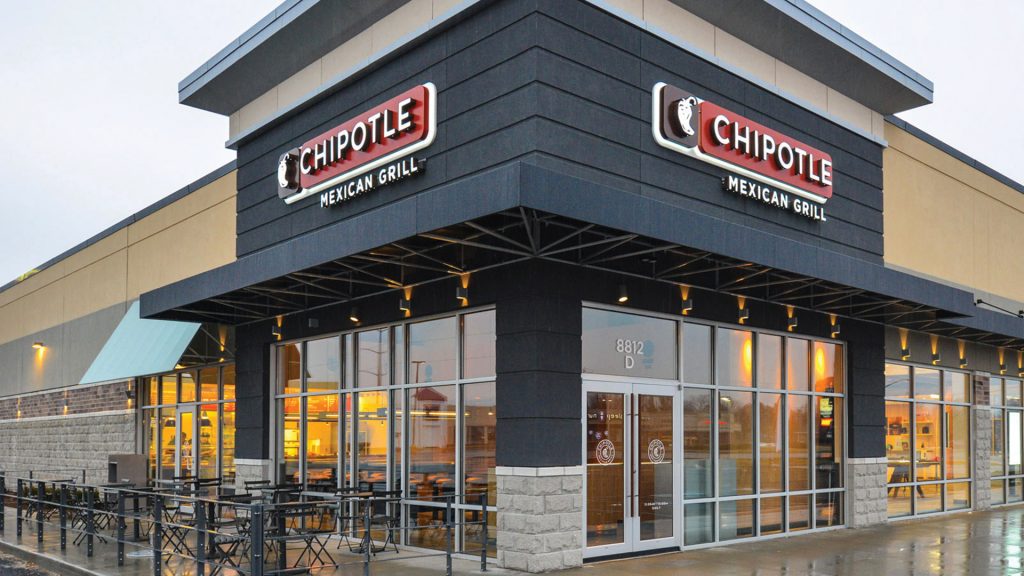Why Chipotle Is Paying Employees That No Longer Work There
Chipotle has agreed to pay out $240,000 to employees who were let go from an Augusta, Maine, location after they attempted to unionize.
This article is more than 2 years old

There is no denying that Chipotle makes a terrific burrito, but that fact does not give the company the right to mistreat its workforce and retaliate against employees that are attempting to organize a location into a union. The statement, “we want to vote on unionization,” is the scariest phrase for executives in corporate America to hear from a location of lower-level employees. When Chipotle executives heard the whispers emanating from its Augusta, Maine location it took less than a month for the company to close the location permanently leaving its employees out of a job.
Chipotle has agreed to pay $240,000 dollars to those employees in a settlement of a case stemming from that location closure because workers were attempting to unionize. Chipotle has adamantly denied any wrongdoing in the case. CNBC took a statement from Laurie Schalow, Chipotle’s chief corporate affairs officer said, “We settled this case not because we did anything wrong, but because the time, energy, and cost to litigate would have far outweighed the settlement agreement,”
It all started in late June of last year when the employees of Augusta’s branch filed an official petition to unionize under Chipotle United and they were the first location of the burrito chain to do so. Prior to this event, the workers had already staged a walkout protest regarding the working conditions and always being understaffed. Before the calendar had a chance to turn from August to September, the company officially closed the location.
They cited staffing issues as the reasoning behind having to close that specific branch. The National Labor Relations Board opened an investigation into the sudden location closure and by November they had ruled that Chipotle violated federal labor law when it closed the location. They also were found to have stopped the organizers of the union from being hired at other locations throughout the state, which is another violation of federal labor law.
Publicly, Chipotle has maintained that they respect worker rights to organize and that the closure was unrelated to the unionization attempt by the employees at that location. Although, it is hard to believe that it was a coincidence, given that the closure happened directly after the petition was filed. Even though the settlement they agreed to on Monday says the direct opposite of their public relations statement.
The affected employees of the closed location will receive sums of money between $5,800 and $21,000 which is going to be determined by average hours worked, pay rate, and company tenure. Chipotle is also required to place the displaced workers on a preferred hiring list if they choose to reapply for their previous jobs at other locations. Another part of the settlement requires Chipotle to post a notice at roughly 40 locations throughout Maine, New Hampshire, and Massachusetts that states the company will not close locations if the employees of those locations choose to attempt to unionize.
Since this situation unfolded, one other Chipotle location has attempted to unionize. The workers at a location in Lansing, Michigan, have voted to unionize under the International Brotherhood of Teamsters. Chipotle has been lucky so far, unlike the coffee giant Starbucks which saw 290 locations unionize in just over a year since the first location was successful in getting worker approval to form the union.
Starbucks was also investigated for some of the same retaliatory practices that Chipotle attempted to bust the union from getting their foot in the door at their initial locations. Starbucks’ former CEO Howard Schultz will be testifying in front of a Senate panel that is discussing the issue of his company’s attempt to do everything in its power to deny workers the ability to successfully organize.
This issue is bigger than just these two companies. The overuses and mistreatment of front-line workers need to be addressed because these companies bank millions of dollars in profits for their investors each year, and it’s done on the backs of these front-line employees. Those employees are the backbone of a company’s success, but they don’t see hardly any of that lion’s share.





